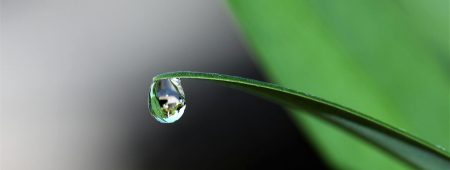Prevention
Want to know how to save water effectively? Take a look at our practical tips! You'll find out how farmers, homeowners, housing communities and businesses can counteract water wastage. From installing water-efficient appliances to rainwater harvesting to modern farming technologies, you'll find everything you need to reduce your water consumption.
What can I do?
How can we counteract the excessive use and waste of water in different places and situations? What can farmers, bungalow dwellers, housing communities and cooperatives, civil servants, teachers, and ultimately business owners and managers do? It turns out that there really is a lot. Here are the most important suggestions.
Check out the next tip



